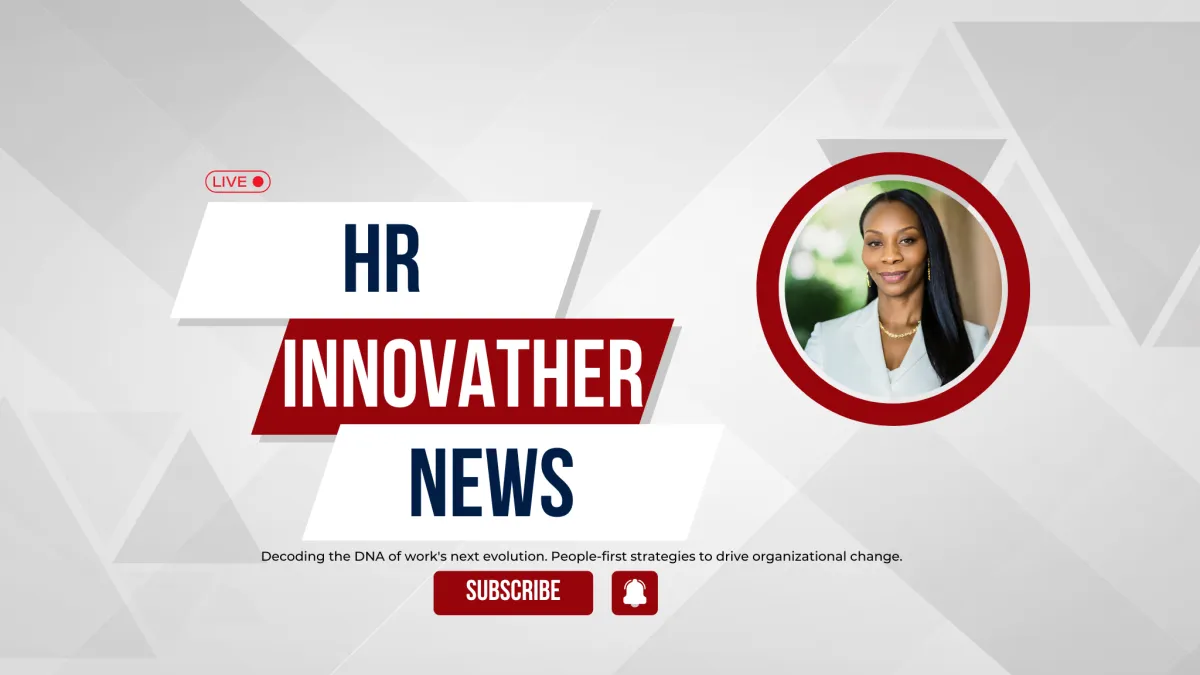

The Benefits of Embracing Nuerodiversity in the Workplace
In today’s increasingly diverse workplaces, understanding and supporting neurodivergent employees is not just an ethical imperative—it’s also a business advantage. Neurodivergence, which includes conditions such as autism, ADHD, dyslexia, and more, refers to variations in how people think, process, and respond to the world. These differences bring unique perspectives, skills, and problem-solving abilities to the workplace, yet many neurodivergent individuals face significant barriers to success.
To unlock the full potential of neurodivergent employees, organizations must first identify their needs, foster an inclusive environment, and provide the tools and support necessary to thrive. Here’s how to start.
1. Understanding Neurodivergence
Neurodivergent individuals process information and interact with the world differently than their neurotypical peers. These differences can manifest as:
Exceptional focus and attention to detail.
Creative problem-solving and innovation.
Challenges with executive functioning or sensory processing.
While these characteristics can be assets, they can also lead to misunderstandings or unmet needs in traditional workplace settings. Recognizing and valuing neurodiversity begins with education.
What employers can do:
Provide neurodiversity training: Equip managers and teams with the knowledge to understand and support neurodivergent colleagues.
Partner with experts: Collaborate with organizations or consultants specializing in neurodiversity in the workplace.
2. Identifying Neurodivergent Staff
Many neurodivergent employees may not disclose their condition due to fear of stigma or lack of awareness of their own needs. Employers should focus on creating an environment where employees feel safe to self-identify and request accommodations.
What employers can do:
Foster psychological safety: Build a culture where employees feel comfortable sharing their challenges and seeking support.
Offer anonymous surveys: Use surveys to gather insights into employee needs without requiring disclosure.
Encourage open dialogue: Share stories of successful neurodivergent employees to normalize conversations around neurodiversity.
3. Supporting Neurodivergent Employees
Once neurodivergent employees are identified, the focus shifts to ensuring their success through tailored support.
Key strategies include:
Customized Accommodations: Provide noise-canceling headphones, flexible schedules, or alternate communication methods.
Clear Communication: Use concise, direct instructions and clarify expectations to reduce ambiguity.
Accessible Workspaces: Create sensory-friendly work environments by reducing noise, bright lights, or other sensory triggers.
Example: A neurodivergent employee with sensory sensitivities might thrive in a quiet, dimly lit workspace or benefit from remote work options.
4. Fostering an Inclusive Culture
An inclusive workplace culture ensures neurodivergent employees feel valued and accepted. This not only benefits the individual but also enhances team dynamics and organizational success.
What employers can do:
Celebrate strengths: Highlight the unique contributions of neurodivergent employees.
Implement mentorship programs: Pair neurodivergent staff with supportive mentors who can provide guidance and advocacy.
Provide ongoing support: Regularly check in with neurodivergent employees to ensure their needs are being met.
5. The Benefits of Neurodiversity in the Workplace
Organizations that embrace neurodiversity often see measurable benefits, including:
Improved innovation: Neurodivergent employees bring fresh perspectives and unique problem-solving approaches.
Enhanced retention: Providing accommodations fosters loyalty and reduces turnover.
Better team performance: Diverse perspectives lead to well-rounded decision-making.
Understanding and supporting neurodivergent employees is about more than compliance or goodwill—it’s about unlocking the potential of your workforce. By fostering an environment of inclusivity, providing tailored support, and celebrating neurodivergent strengths, employers can empower their teams and drive meaningful success.
Every employee has the potential to contribute in extraordinary ways. When organizations take the time to understand and support neurodivergent staff, they’re not just changing lives—they’re building stronger, more innovative teams.
Are you ready to embrace neurodiversity in your workplace? Start by creating a culture of inclusion and empowerment—because when every employee thrives, so does your organization.
Fractional HR to Go: Strategic Leadership On Demand
Seek Ameena Guidance

Are you seeking expert HR guidance to enhance your business's human resources strategy without the commitment of a full-time HR executive hire? Need a seasoned Fractional HR Consultant to provide strategic insights or support your HR initiatives? Look no further than our Fractional HR Consulting and HR Leadership Support service!
Tailored for well-funded startups, non profits and medium to large organizations, our Fractional HR service offers the strategic insight and experience of an external HR executive, injecting vitality into your HR initiatives.
Ameena's Unique Approach:
Unlike traditional consulting firms, our Fractional HR service focuses on delivering unbiased, expert advice tailored to your organization's best interests. With extensive experience in HR leadership, Ameena excels in collaborating with your existing teams to bridge gaps, unify efforts, and drive toward a shared vision for HR success.
Ameena's Promise:
Unlike traditional consulting firms, our Fractional HR service focuses on delivering unbiased, expert advice tailored to your organization's best interests. With extensive experience in HR leadership, Ameena excels in collaborating with your existing teams to bridge gaps, unify efforts, and drive toward a shared vision for HR success.
Personalization & Discovery:
Each organization is unique, and we believe in personalized solutions. Let's start with a discovery call to explore how our Fractional HR service can meet your organization's specific needs.
Fees:
Fees range from $5,000 to $20,000+ per month, depending on the scope and complexity of services provided.

Benefits
Executive-level Insight:
Access the strategic foresight and expertise of a seasoned HR executive to steer your HR initiatives toward success.
Enjoy top-tier HR leadership customized to your company's needs without the overhead costs of a full-time executive hire.
From refining your HR processes to fostering a positive workplace culture and aligning HR strategies with business objectives, experience comprehensive HR growth under expert guidance.
SERVICES SCOPE

HR Audit
A comprehensive assessment of your HR processes, policies, and practices to identify areas for improvement.

Strategic Alignment
Align HR initiatives with business goals and objectives to drive organizational success.

Change Management Guidance
Assist in managing organizational change effectively, including digital transformation initiatives and cultural shifts.Talent

Acquisition and Development
Develop strategies for attracting, retaining, and developing top talent to support business growth.

Integration & Training
Assist in integrating HR systems and software, as well as providing training and development opportunities to enhance HR competencies within your team.

Brand Culture Development
Cultivate a strong company culture aligned with your brand values to enhance employee engagement and retention.



